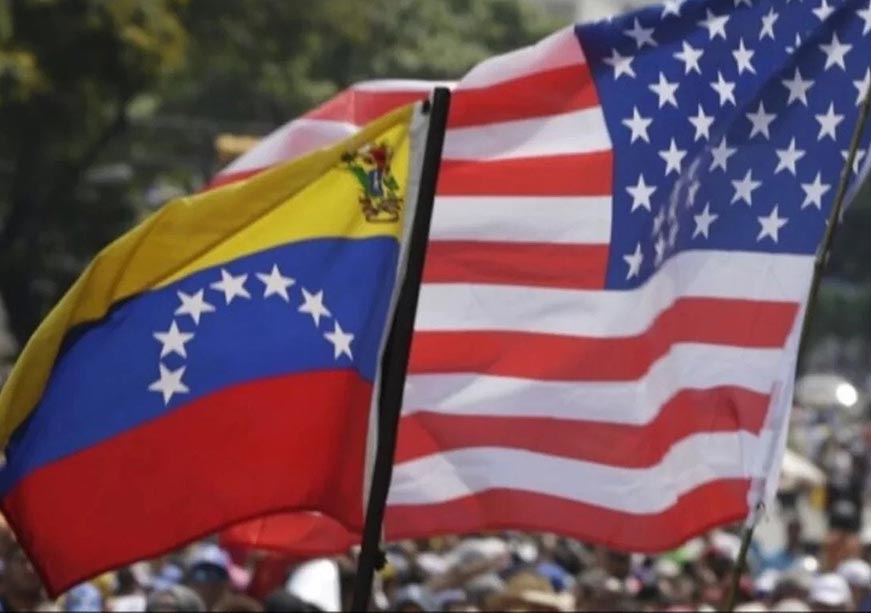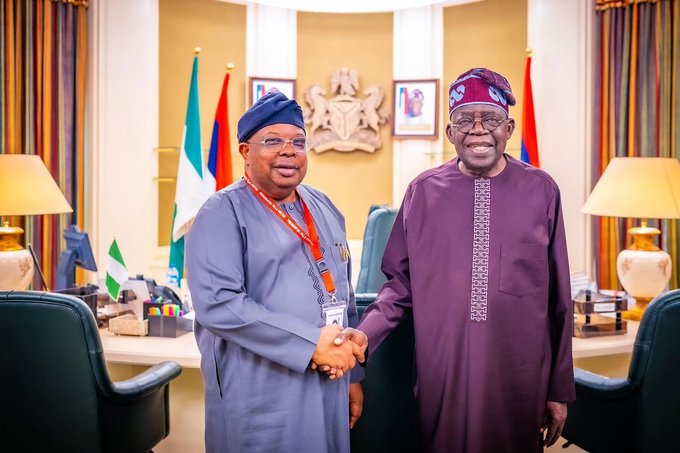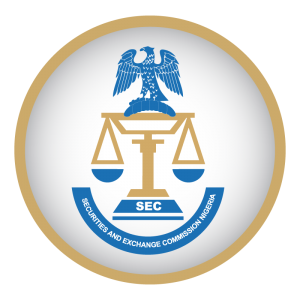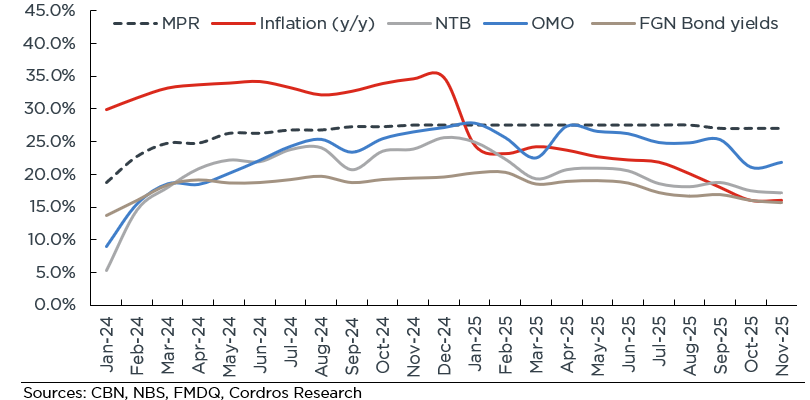
• Minister Seeks Prosecution Of Illegal Marketers For Economic Sabotage
• Senate Invites Customs, NPA Over Products Smuggling Across Porous Borders
Dr. Ibe Kachikwu, Minister of State for Petroleum Resources, on Thursday in Abuja called for a fixing of the nation’s four existing refineries as the permanent solution to the nation’s perennial petroleum products crisis, especially at festive periods.
Speaking at a public hearing organized by the Senate Committee on Downstream Petroleum Sector, the Minister called for a change of the mode of distributing petroleum products across the country from trucking, which do not solve the problem.
What Nigeria needs, he said, after opening by apologizing to Nigerians on behalf of President Muhammadu Buhari, is a piping system to transport refined fuel, besides fixing the nation’s four existing refineries in Port Harcourt, Warri and Kaduna, adding: “Whatever it takes, we need to look at our infrastructure deficit.”
On what caused the crisis, Kachikwu said: “Major marketers stopped importation due to differences… The business model of fuel supply in the country is not the way it should be.
“It is shameful that after 30 to 40 years, we cannot yet produce refined fuel for our people. We have the technical capacity to do this. A lot of work is going on to make this happen.
“We have the technical capacity to do solve this problem, we need to bring in the private sector participation,” he said, calling for an 18-month emergency period in the country, within which mechanisms would be put in place to address products “pricing, landing cost of products and ex-depot.”
Also at the hearing, Major Oil Marketers Association Of Nigeria (MOMAN), who spoke on the cause of the crisis, insisted on payment of outstanding debts by the Federal Government which had crippled its members, resulting in the Nigerian National Petroleum Corporate (NNPC) becoming sole products importer.
Addressing the public hearing, Obafemi Thomas Olawore, Executive Secretary of MOMAN said as part of solutions to the crisis in the industry, besides settling the debt, there was need to accelerate passage of the Petroleum Industry Bill (PIB) which has been at the National Assembly for over 15 years, which will attract “private sector (players to) build refineries” in the country.
He blamed the supply shortage on the fact that the private sector is no longer participating in the process.
“We are just seeing symptoms of the root causes,” he stressed, adding that hoarding is a sign of insufficient product supply.
Specifically, Kachikwu said the “major marketers stopped importation due to differences… The business model of fuel supply in the country is not the way it should be.”
The Minister however called for serious sanctions, including criminal charges against “illegal marketers, because it is an infringement on the nation’s economy. Everyone in the chain must be made to face the law. We have to have perfect enforcement for this to work.”
He also spoke of the “need to deal with the gaps that exist. We need to address the pricing issue by working with the CBN (Central Bank of Nigeria) to ensure that we stay at N145. We also need to address tax invasion, capture the tax those in the sector pay.”
On his part, Dr. Maikanti Baru, NNPC’s Group Managing Director blamed the crisis on rumours of an impending fuel scarcity and increase in the pump price of petrol by the Federal Government, which “led to distributors hoarding and diverting the products.
“The rumored difference of N145 and N300 and above is huge incentive for smugglers,” he continued, adding that “prior to the fuel scarcity, we had 1.9billion liters as reported by the PPPRA (Petroleum Product Pricing Regulatory Agency) which would have lasted for 53 days.
“However due to massive diversion, hoarding, panic buying and smuggling — coupled with the information that the October cargoes had been rejected — there were insinuations of a supply gap.”
“The three cargoes rejected were immediately re-allocated to other DSDP supplies and the consortia involved were penalized by not being allocated cargoes for three months,” Baru stressed, even as he listed actions taken to resolve the scarcity.
The GMD noted that in the course of the crisis, it was discovered that IPMAN was challenged by the “high ex-depot price from DAPPMA and MOMAN and refusal to provide evidence of paying over N133.28/liter,” just as DAPPMA had issues of “high landing cost, outstanding debts; Port Harcourt/Calabar freight differential; low draft at discharge ports.
“For PTD/NARTO: Aged trucks; high duty on spare parts; and bad roads,” while the labour unions were plagued with “manpower shortage; outstanding subsidy payments and increased charges of N3.”
Senator Marafa also used the occasion to debunk rumours that the payment of debt owed to oil marketers and DAPPMA is being delayed, because the National Assembly has not approved the request presented to it.
Re-echoing an earlier statement by the Senate on Wednesday, Marafa stressed: “There is no such request before the National Assembly.”
Commenting on the fuel crisis that prevented many Nigerians from travelling during the yuletide, Director of the Department of Petroleum Resources (DPR), Mordecai Ladan indicted the oil marketers, all of which “has been found wanting. Thanks to DSS (Department of State Service), NSCDC (Nigeria Security and Civil Defence Corps), we went into remote areas and saw what people do with hoarding fuel. We cannot be everywhere at the same time.”
In all, he said over 300 retail outlets were penalized, while those found guilty three times were blacklisted.
Senator Abdullahi Danbaba, a member of the committee wondered how 4501 trucks of petrol were allowed to be diverted, wondering how officers of the Nigerian Customs Service were able to control smuggling of rice into the country and not petroleum products.
The National President of the National Association of Road Transport Owners (NARTO), Alhaji Kassim Ibrahim Bataiya, on his part, blamed the scarcity on the forces of demand and supply during “the month of December. When people say there is supply gap I don’t agree with them…”
Diversion of petroleum products, he added, is “a collaboration of forces.”
Exonerating the Independent Petroleum Marketers Association of Nigeria (IPMAN) from blame, chairman of its Board of Trustees, Aminu Abdulkadir said: “We are law-abiding citizens. We disown those filling stations built without licences. In fact, they shouldn’t only be closed down or sanctioned, such stations should be demolished.”
Senator Bassey Akpan asked Kachikwu and Baru how come the NNPC is importing products at a loss when government says it has done away with fuel subsidy, wondering how these loses are being treated.
“Retail outlets are not the sin. The sin is shortage and selling above the government approved price,” he added.
Closing the hearing, Senator Marafa directed “that the NPA and Customs should come to explain how porous our boarders are.
“We need to also look at the issue of multiple taxation. It adds to the burden if a trailer loads at one point and continues to pay charges till it reaches its destination,” he added.













